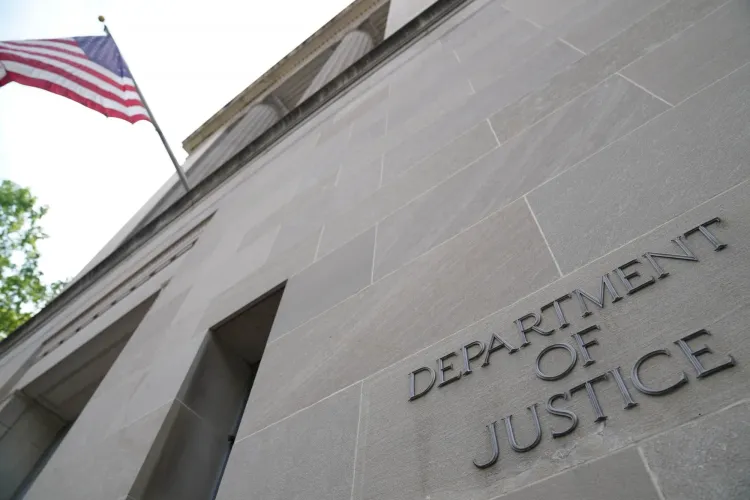Should the Supreme Court Allow Trump's Firing of Federal Governor Lisa Cook?

Synopsis
Key Takeaways
- US Justice Department advocates for the enforcement of Trump's firing of Cook.
- Legal battles could redefine the Federal Reserve's independence.
- Cook's dismissal raises questions about presidential power limits.
- She argues her removal was politically motivated.
- She has been a Federal Reserve governor since 2022.
Washington, Sep 19 (NationPress) The US Justice Department has called on the Supreme Court to enforce the firing of Federal Reserve Governor Lisa Cook by US President Donald Trump. Solicitor General D. John Sauer stated in a motion that the lower court's rulings "disregard numerous aspects of this Court's established precedents," as reported by local media on Thursday.
This motion could lead to a significant confrontation at the Supreme Court regarding the independence of the Federal Reserve, according to the Xinhua news agency.
Cook was dismissed on August 25 due to alleged mortgage fraud, which she vigorously denied. On August 28, she filed a lawsuit in a federal court in Washington, D.C. Following this, a judge issued a ruling on September 9 that temporarily halted Trump's attempt to remove her.
The Trump administration subsequently appealed to the US Court of Appeals for the District of Columbia Circuit, but the court denied Trump's request to remove Cook just hours before the Federal Reserve's two-day meeting began.
Despite the controversies, Cook attended the Federal Open Market Committee meeting on Tuesday and Wednesday, where she voted in favor of a quarter-point interest rate reduction.
As an appointee of former President Joe Biden, Cook has been part of the Federal Reserve since stepping in to complete an unexpired term in 2022, with her current term extending until 2038.
Notably, Cook became the first Black woman to hold the position of Federal Reserve governor. In August, she launched legal action against former President Trump, contesting his reasons for her dismissal, asserting that they were legally inadequate and merely a pretext for her removal due to differences in monetary policy.
In a recent filing, the Justice Department emphasized that as long as a president provides a rationale for removal, that decision is well within his "unreviewable discretion."









